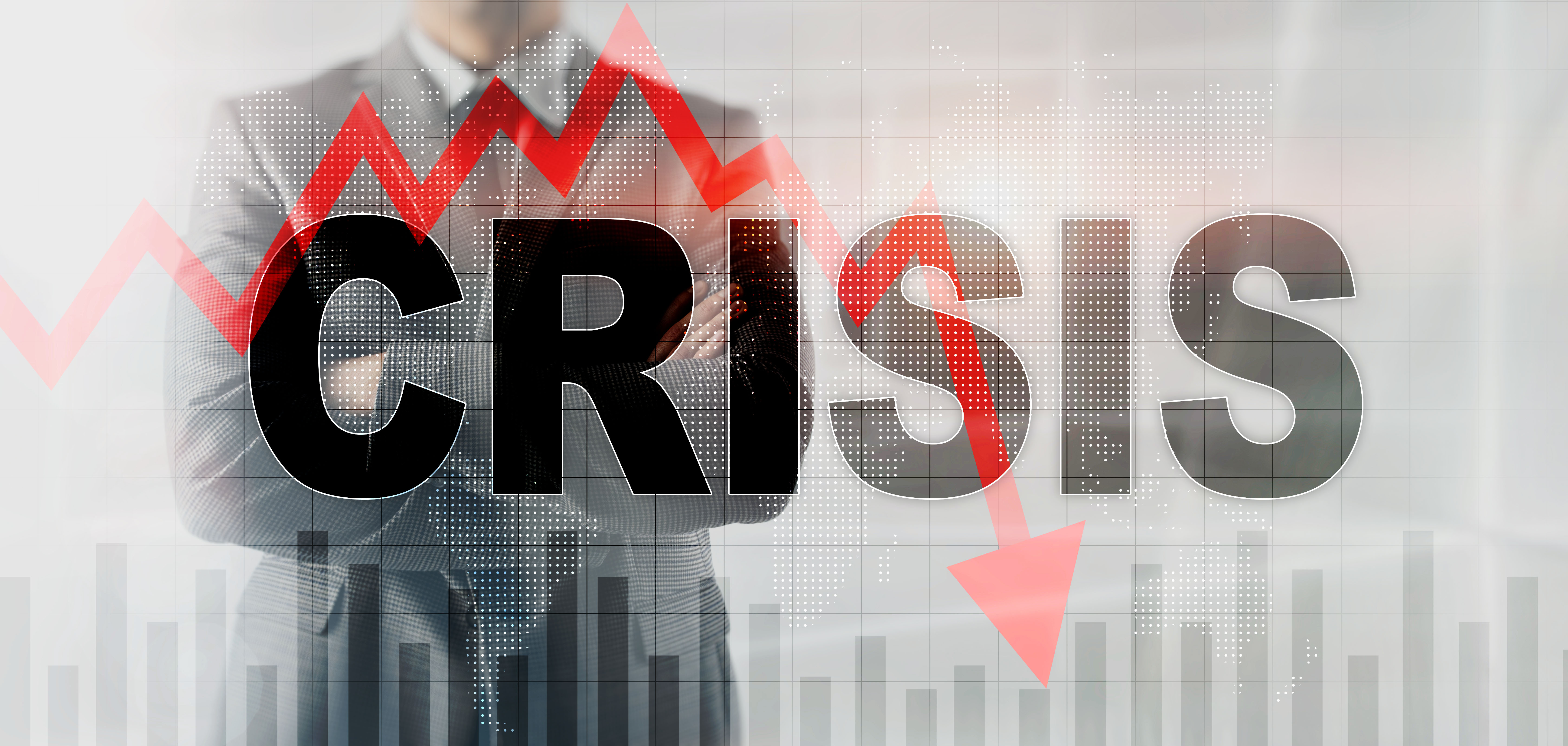The world is an ever-changing place, and it’s not uncommon for geopolitical crises to take place from time to time. This can have a huge impact on the financial markets and can leave traders feeling uncertain and worried. However, while geopolitical uncertainty can be frightening, it also presents opportunities for savvy traders. With the right knowledge, traders can navigate these turbulent waters and potentially come out with a profit. In this blog post, we will explore how trading during a geopolitical crisis works and provide strategies to consider if you find yourself in this situation.
What is a Geopolitical Crisis?

A geopolitical crisis is a situation in which the political stability or economic health of a nation is threatened by external factors. Political crises can be caused by international conflict, internal strife, or economic problems. Economic crises can be caused by financial problems, natural disasters, or social unrest.
The Different Types of Geopolitical Crises

When it comes to trading during a geopolitical crisis, there are a few different strategies that traders can consider. Each strategy has its own risks and rewards, so it’s important to understand all of your options before making a decision.
One option is to trade based on the news. This can be a risky strategy, as events can change quickly and unexpectedly. However, if you have a good understanding of the situation and can keep up with the news, this can be a profitable strategy.
Another option is to trade based on technical analysis. This approach looks at charts and uses indicators to try and predict future price movements. Technical analysis can be useful in any market condition, but it’s especially helpful in times of high volatility.
Finally, some traders choose to stay out of the market altogether during a geopolitical crisis. This isn’t necessarily a bad strategy, as it can help you avoid losses if the situation deteriorates further. However, you will miss out on potential profits if the market does rebound.
Strategies to Consider When Trading During a Geopolitical Crisis

As we all know, a geopolitical crisis can have a major impact on the financial markets. In this blog post, we will discuss some strategies that traders can consider when trading during a geopolitical crisis.
The first strategy to consider is to trade with the trend. This means that if the market is trending lower, you should look for opportunities to short-sell. Conversely, if the market is trending higher, you should look for opportunities to buy. The reason for this is that when there is uncertainty in the markets, investors tend to flock to safe-haven assets such as gold and government bonds. Therefore, it is usually best to trade with the trend during a geopolitical crisis.
Another strategy to consider is to trade news releases. This means that you should pay attention to any news releases that could potentially move the markets. For example, if there is a release of economic data or a speech by a central bank governor, these events could have a significant impact on the markets. Therefore, it is important to be aware of these releases and trade accordingly.
Finally, another strategy to consider is to use technical analysis. This means looking at charts and trying to identify patterns that could give you an indication of where the market is headed next. This can be a useful tool during a geopolitical crisis as it can help you make decisions based on facts rather than emotions.
The Pros and Cons of Trading During a Geopolitical Crisis
Pros:
- Increased Volatility: During a geopolitical crisis, currency, stock, and commodity markets can experience heightened volatility, providing opportunities for traders to make quick profits.
- Diversification: By investing in different markets and assets, traders can reduce their overall risk and protect their portfolios from the impact of a crisis in a single market.
Cons:
- Increased Risk: Geopolitical crises often result in increased uncertainty and unpredictability, making it more challenging for traders to make informed decisions and increasing the risk of losses.
- Market Disruptions: Geopolitical events can cause disruptions in markets, such as freezes or closures, leading to a lack of liquidity and making it difficult for traders to enter or exit positions.
- Economic Impacts: Geopolitical crises can have a significant impact on the global economy, leading to economic downturns and reduced demand for certain assets, making it difficult for traders to make profits.
In conclusion, while trading during a geopolitical crisis can provide opportunities, it also comes with increased risk and uncertainty. Traders should thoroughly research market conditions and consider the potential impact of a crisis before making any trades.




